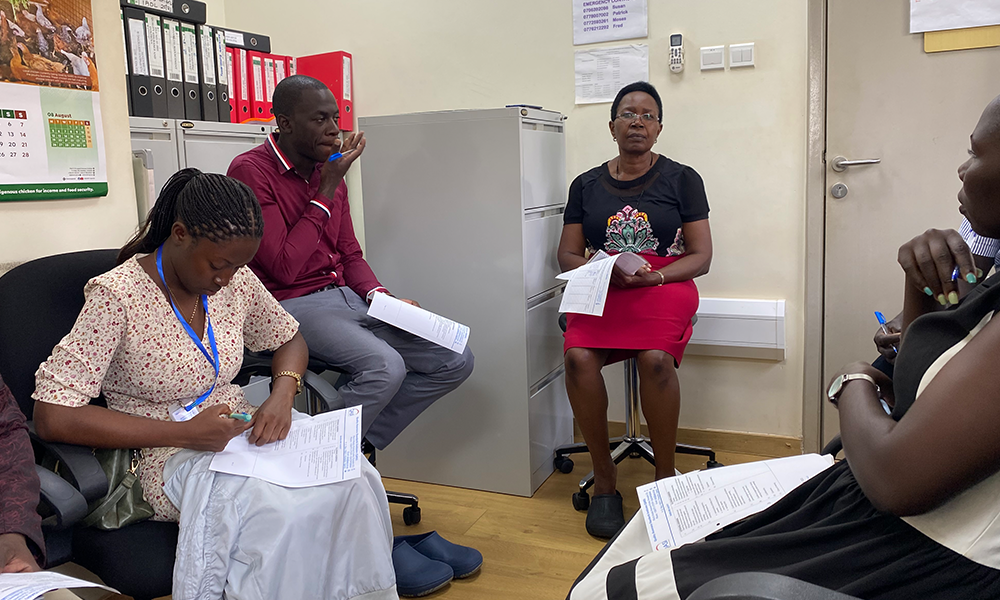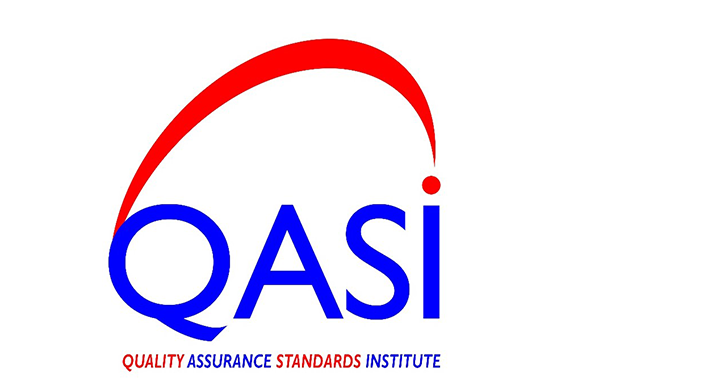Global Health Security

Addressing Global Health Security requires local, regional and international efforts and the main priority is to develop surveillance systems and capacity to detect, report and conduct surveillance, real time detection and reporting of resistant bugs. The capacity to conduct real-time detection and reporting is a priority in developing countries, where the prevalence of both new and re-emerging infections is high.
Globally, bacterial infections cause acute and chronic life-threatening infections and have become so difficult to treat due to antimicrobial resistance since the discovery of antibiotics almost over seven decades ago. This challenge of antibiotic resistance is not only in one sector but cuts across all the key sectors with serious drivers and threats originating from human health, animal health, environment, food chain and the economic sector Gelband, et, al. (2015). Although antimicrobial resistance is a natural phenomenon, it is easily accelerated by misuse and overuse of antibiotics WHO (2018). If not addressed, antimicrobial resistance will cost the global economy over 100 trillion USD by 2050 LSMTH, (2016).
To this end, AMR surveillance is considered a high yield investment that countries must undertake to combat this global threat. Through surveillance and implementation science, countries can monitor trends and detect the magnitude of the emerging resistance to priority antibiotics. This evidence can inform local policies both at national and sub-national level in areas of treatment guidelines and infection prevention and control strategies. The increasing cross-border migrations in concert with emerging novel and re-emerging resistant infectious diseases possess a global health security thus global threat.
Today’s top global health security risks include:
- Emergence and spread of new infectious diseases
- Ever-increasing globalization of travel and trade, enabling disease to spread
- Rise of drug-resistant, disease-causing pathogens
- Potential for accidental release, theft or illicit use of dangerous pathogens
QASI is working to make Africa safer from infectious diseases. They’re partnering with governments, international groups, and businesses to:
- Stop outbreaks before they happen.
- Find threats early to save lives.
- Respond quickly and effectively with global cooperation.
QASI is focusing on nine specific goals to achieve this:
Prevention:
- Stop the spread of antibiotic-resistant germs and diseases from animals.
- Strengthen safety systems for food and biological materials.
- Reduce the number and size of disease outbreaks.
Detection:
- Create a connected network to monitor diseases.
- Promote quick and open reporting of diseases.
- Develop new ways to test for diseases and improve labs.
- Train people to monitor diseases.
Response:
- Build a global network to handle emergencies.
- Improve access to medical supplies during outbreaks.
By working together, QASI aims to protect Africa and the world from infectious diseases.
Contact us for more information on email: info@qasi.co.ug







